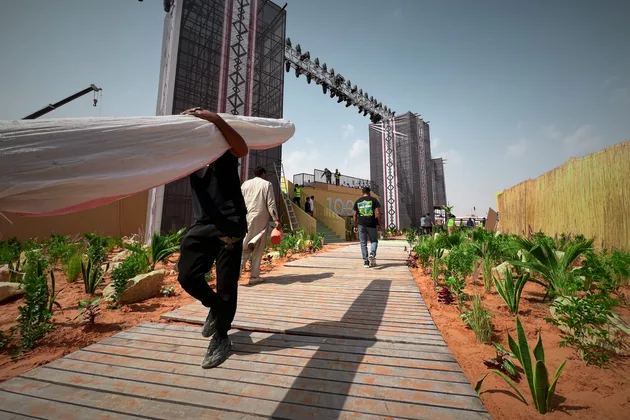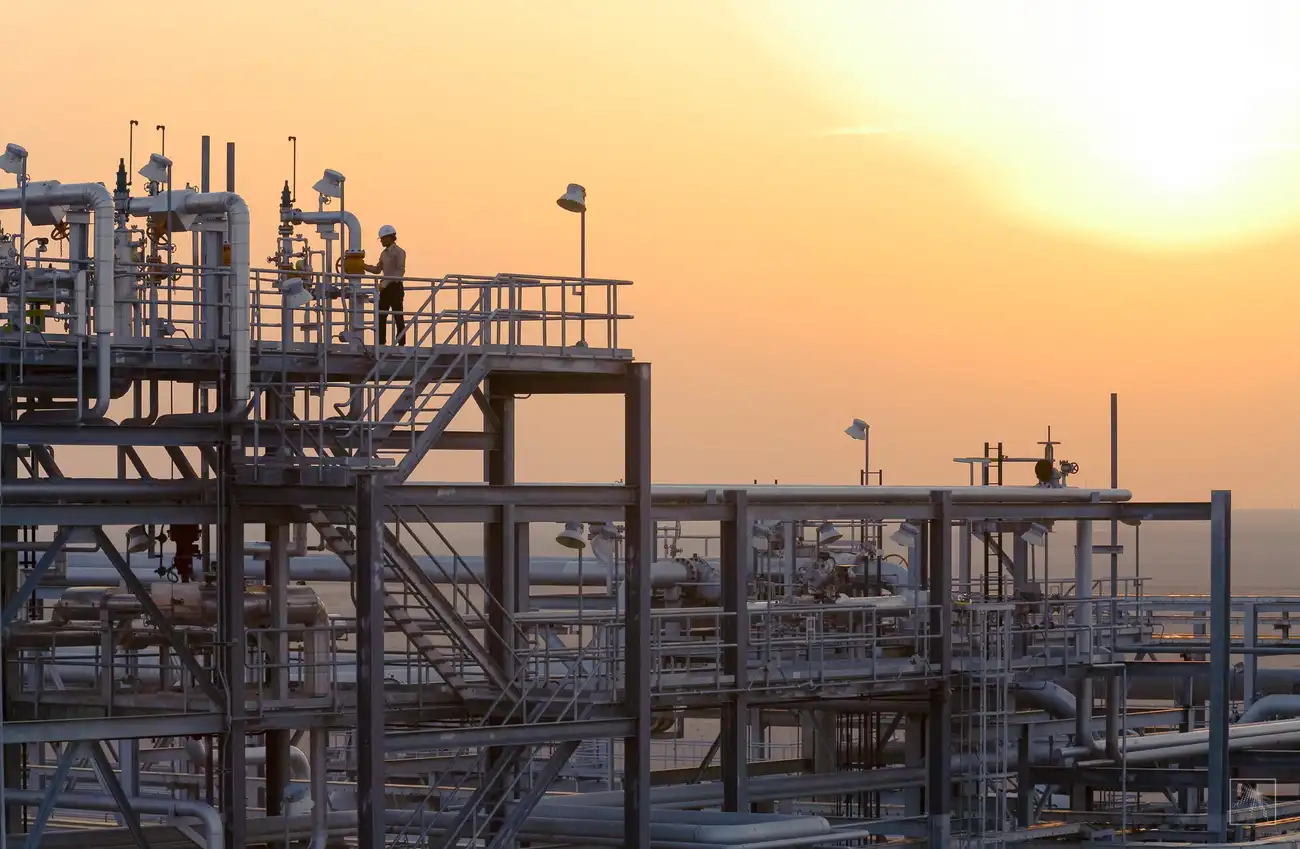Saudi Arabia has assumed a deficit of nearly $27 billion in its 2025 budget but the actual gap is likely to widen by the end of the year, experts predict.
When the world’s largest oil exporter announced the draft budget in September and then endorsed it in late November, it was expecting more oil earnings to flow into its coffers because of a planned production increase at the start of 2025.
The increase has been delayed until April, in line with an agreement by Opec+ in early December, as a result of weak demand and growing production outside the group.
The decision to postpone output hikes for four months meant that crude production by the largest Arab economy could average around 9.2 million barrels per day (bpd) in 2025 instead of 9.5 million bpd as was expected by Riyadh before the Opec+ accord, according to the Riyadh-based Jadwa Investments Company.
“Barring an unexpected oil price surge, this smaller expansion for 2025 represents a modest downside risk to the 2025 budget revenue target and could adversely affect the budget balance,” Jadwa said.
In a report sent to AGBI, Jadwa said it believes Riyadh has forecast an oil price of $75 or slightly higher in the 2025 budget and that lower-than-expected production would depress revenues forecast in the budget.
Saudi Arabia’s fiscal breakeven oil price for 2025 is just over $90, according to the International Monetary Fund.
Saudi Arabia, a G20 member, does not normally reveal oil revenue assumptions in its budget as the figure is subsumed within “other revenues”, which were forecast at SAR804 billion ($214.4 billion) in 2025.
Oil sales play a decisive role in Saudi Arabia’s budget as they provide nearly two-thirds of its total revenues, which are budgeted at around SAR1.2 trillion.
But it is not only lower oil export earnings that could affect the budget shortfall, which has remained low relative to the Saudi GDP over the past few years.
“I expect Saudi Arabia to overshoot spending in 2025 as it has done in previous years because it needs to fund growing development requirements in its Vision 2030,” said Saad Thaqfan, a member of the Saudi Economic Association.
Mohammed Makni, a finance professor at Imam University, said: ”The Saudi oil sector has been suffering due to the Opec+ output policies at a time when the kingdom needs to pursue expanded expenditure to attain the goals of Vision 2030… This may affect the budget balance but I do hope there will be improvement in the following years.”








Leave a Reply